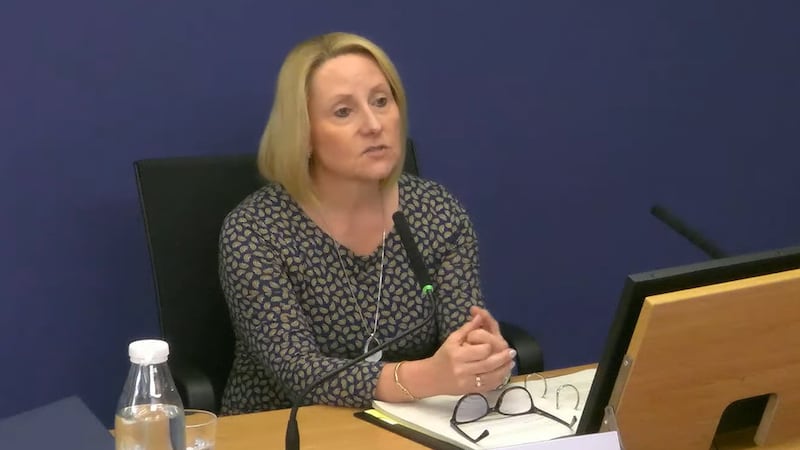Cyber security specialist Avast is lining up a bumper London listing, valuing the software group at 4 billion US dollars (£2.8 billion).
The firm is planning to free float 25% of its share capital in early May, as it looks to raise 200 million dollars (£141 million) from primary proceeds and 800 million dollars (£564 million) from secondary shares.
Avast, which blocked around two billion cyber attacks per month last year, said it will use the money to bolster growth by driving down its debt pile.
Chief executive Vincent Steckler said: “Over the past 30 years, Avast has grown from a visionary start-up to the number one consumer cyber security company, with 435 million users worldwide.
“This transformation of our company has happened because of the dramatic increase in the number and types of threats around the world which are a growing concern to people, and Avast’s ability to stay ahead of the bad guys with new and evolving technologies and products.
“As a leading European tech company, a listing on the London Stock Exchange is a strategic and natural fit, providing us with wider access to the capital markets and supporting the future growth of our business in the years ahead.”
The Prague-based group is one of the largest providers of security software, securing revenues and profits of 779.5 million dollars (£550.7 million) and 451 million dollars (£319 million) last year.
The move would be seen as a coup for the City of London as it gears up for Brexit. Avast pulled back from floating on New York’s Nasdaq in 2012, according to Reuters.
John Schwarz, Avast independent chairman, said: “A listing on the LSE will allow a new generation of investors to benefit from the next phase of Avast’s growth as a public company, and from significant returns through future dividends.”








